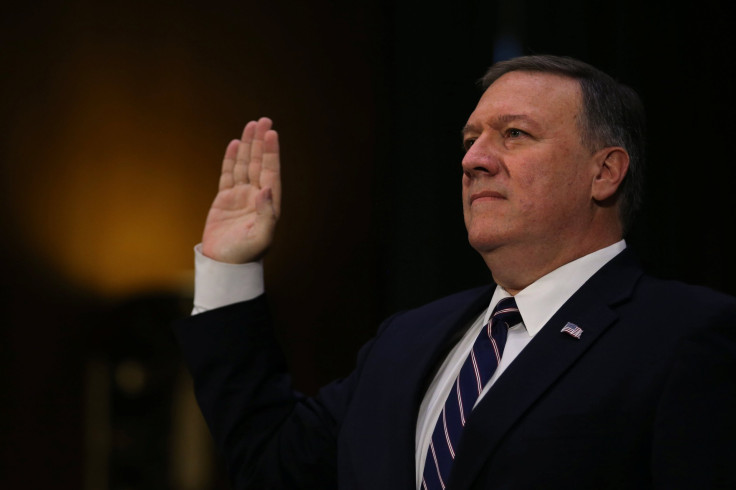Trump Cabinet Update: Mike Pompeo Approved As CIA Director

The U.S. Senate approved Mike Pompeo as CIA director Monday, completing President Donald Trump’s national security triumvirate.
Defense Secretary James “Mad Dog” Mattis and Homeland Security Secretary James Kelly were approved Friday.
Pompeo, the former Kansas congressman, will need to develop a working relationship with Trump, who skipped most of his daily intelligence briefings during the transition and dismissed the agency’s conclusions on critical issues, repeatedly pointing to faulty intelligence used to justify the invasion of Iraq.
More recently he suggested the CIA was behind the leak of a 35-page opposition research report containing unconfirmed allegations about Trump’s ties to Russia — an accusation insulting to career professionals who pride themselves as being apolitical. He likened the leak to something that would have happened in Nazi Germany.
White House press secretary Sean Spicer downplayed any friction between Trump and the CIA, calling talk of a rift a “myth.” He said CIA employers were excited by Trump’s visit to the agency Saturday.
“They were clapping. They were cheering when he walked in,” he told reporters.
CBS News reported Monday Trump’s visit to the CIA made the situation worse. Quoting government sources, CBS said the visit was uncomfortable and any cheering likely came from the first three rows, which were packed with people who had been invited by Trump and Vice President Mike Pence.
But Trump has said he has confidence in Pompeo, who graduated at the top of his class at West Point.
Kansas Gov. Sam Brownback cheered the confirmation.
At his confirmation hearing, Pompeo said he would defy the president if ordered to implement torture during interrogations of terror suspects and pledged to “speak truth to power.” Previously, he described those involved in waterboarding as “patriots.”
Human Rights Watch issued a statement Saturday urging against Pompeo’s approval, citing concerns the agency would use its surveillance and other powers in ways that would violate human rights on a broad scale.
“Pompeo’s [written] responses to questions about torture and mass surveillance are dangerously ambiguous about whether he would endorse abusive practices and seek to subvert existing legal protections,” said Maria McFarland Sanchez-Moreno, U.S. program co-director at Human Rights Watch. “Pompeo’s failure to unequivocally disavow torture and mass surveillance, coupled with his record of advocacy for surveillance of Americans and past endorsement of the shuttered CIA torture program, make clear that he should not be running the CIA.”
© Copyright IBTimes 2024. All rights reserved.












